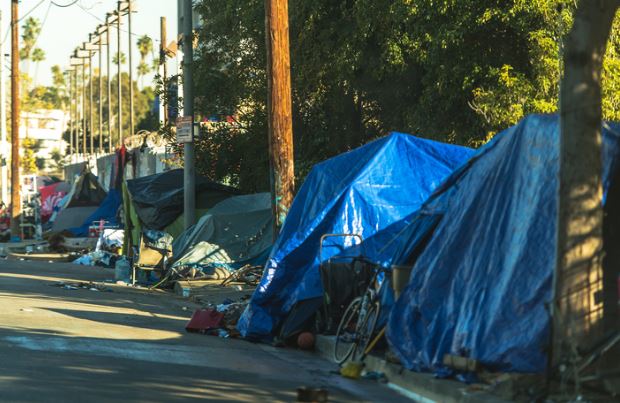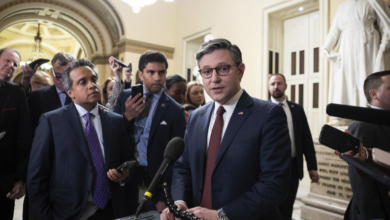Arizona GOP Passes Bill to Prohibit Basic Income Programs Aimed at Combating Homelessness

In a move that has sparked significant debate, the Arizona GOP-controlled legislature recently approved a bill that bans any form of basic income program designed specifically to address homelessness within the state. This legislative action places Arizona at the forefront of states taking a stand against basic income solutions as a means to mitigate the growing issue of homelessness.
The bill, proponents argue, is intended to encourage more traditional forms of employment and self-sufficiency among the state’s homeless population, rather than providing direct financial assistance without work requirements. Critics of the bill, however, view it as a setback to innovative approaches that aim to provide a safety net for the most vulnerable citizens, arguing that basic income programs offer a foundation from which individuals can stabilize their lives and seek long-term employment.
Basic income programs, which provide regular, unconditional payments to individuals regardless of employment status, have been proposed and tested in various regions as a potential tool to alleviate poverty and homelessness. Advocates suggest that such programs can reduce the bureaucratic overhead associated with welfare and social services while offering direct support to those in need.
The decision to ban these programs in Arizona has prompted a broader discussion on the most effective strategies to combat homelessness. Supporters of the bill emphasize the importance of job creation and economic development as more sustainable solutions. In contrast, opponents worry that without innovative interventions like basic income, the cycle of homelessness will only continue to escalate, further straining social services and community resources.
As the bill awaits further action, including potential signing into law, its implications for Arizona’s approach to homelessness and social welfare are significant. This legislative move reflects the ongoing national conversation about the role of government in addressing social issues and the best methods to ensure the well-being of all citizens, especially the most disadvantaged.
The debate surrounding the Arizona bill highlights the complex interplay between economic policies, social welfare programs, and the broader goals of reducing homelessness and poverty. As states across the country grapple with similar challenges, the outcomes of such legislative actions in Arizona may offer valuable insights into the effectiveness of various strategies aimed at supporting vulnerable populations.





